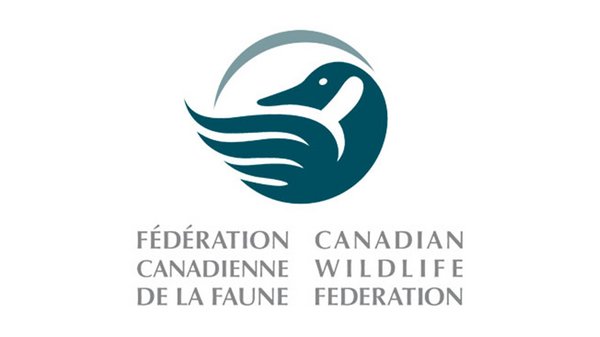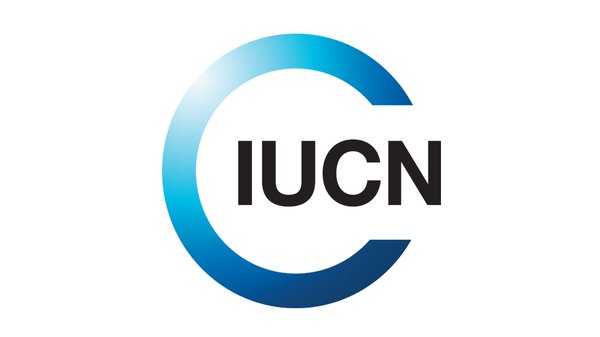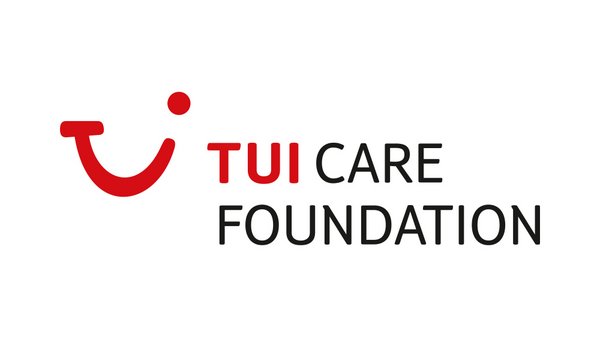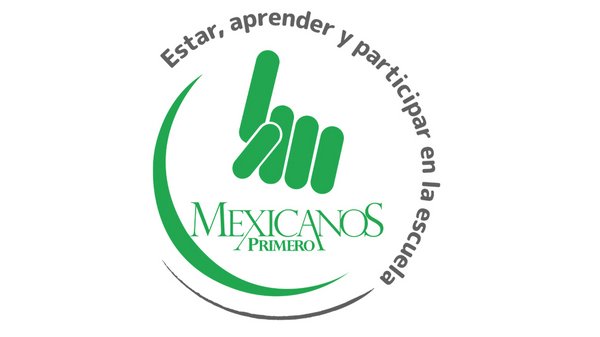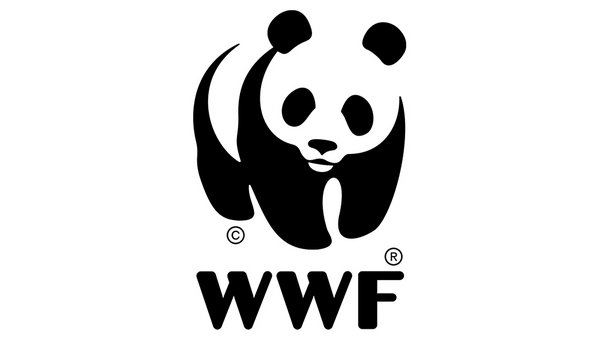-
Topics
backTopicsOur programs create spaces where open-minded leaders can gather for breakthrough conversations on pressing global issues – each aligned to one of the following pillars:
-
Events
backEventsExplore the variety of events Salzburg Global hosts within Austria and in the rest of the world. Learn more about our programs and what else happens at Schloss Leopoldskron.Upcoming EventsFeb 05 - Feb 07, 2026Peace & JusticeDisruption and Renewal: Charting the Future of the International Rule of Law, Democracy, and PluralismSalzburg Cutler Fellows Law ProgramApr 13 - Apr 18, 2026CultureCreating Futures: Rethinking Cultural Institutions, Infrastructure, and InvestmentCulture, Arts and Society
- Insights
-
Fellowship
backFellowshipSince 1947, more than 40,000 people from over 170 countries have participated in Salzburg Global's sessions. Collectively, these alumni are known as Salzburg Global Fellows.
-
About Us
backAbout UsSalzburg Global is an independent, non-profit organization committed to creating spaces that overcome barriers and open up a world of better possibilities.Our Approach
-
Support Us
backSupport UsYour generosity helps us gather open-minded leaders for breakthrough conversations, while creating space for dialogue that overcomes barriers and opens up a world of better possibilities.
- Donate
- Date
- Sep 08 - Sep 13, 2025
- Session no.
- S894-01
- Program
- Nature-Based Education
- Location
-
Schloss Leopoldskron, Salzburg, Austria
Share
Education
Nature-Based Education: Time for Action
The climate crisis is an immediate threat to us all. The severity and urgency of the crisis requires a ‘whole of society’ response, and education has a key role to play, both as a sector in its own right and as part of national responses to other initiatives. I96 countries have committed to the UN’s Global Biodiversity Framework (GBF)‘to halt and reverse biodiversity loss by 2030’. However, most countries are still at a relatively early stage of thinking about the role education can play in their work towards the GBF and their wider response to the climate crisis.
This program, designed in partnership with the TUI Care Foundation, International Union for the Conservation of Nature Commission on Education and Communication, Canadian Wildlife Federation, and other partners brought together key stakeholders from education and conservation to prepare a series of recommendations for ways forward built around the idea of nature based education.
Date
Sep 08 - Sep 13, 2025
Session no.
S894-01
Location
Schloss Leopoldskron, Salzburg, Austria
Share
ABOUT
The climate crisis is an immediate threat to us all. The severity and urgency of the crisis requires a ‘whole of society’ response, and education has a key role to play, both as a sector in its own right and as part of national responses to other initiatives. 196 countries have committed to the UN’s Global Biodiversity Framework (GBF) ‘to halt and reverse biodiversity loss by 2030’. However, most countries are still at a relatively early stage of thinking about the role education can play in their work towards the GBF and their wider response to the climate crisis.
This program, designed in partnership with the TUI Care Foundation, International Union for the Conservation of Nature Commission on Education and Communication, Canadian Wildlife Federation, and other partners brought together key stakeholders from education and conservation to prepare a series of recommendations for ways forward built around the idea of nature-based education.
However, there are significant obstacles, such as misinformation, vested interests, social injustice, and unequal access to education in taking climate and biodiversity education to scale. Many education systems are decentralized, and formal shifts require time, funding, and political will. Teachers, already overburdened, often struggle to meet standardized outcomes while also incorporating new topics such as climate change. Educational materials are often siloed, with some focusing on climate, others on restoration, or ocean literacy, making integration challenging.
There is a global need to integrate environmental themes into curricula, ensuring that teachers have the necessary materials, training, and support to deliver effective interdisciplinary lessons focused on nature. Providing children with solution-oriented climate education, nature-based solutions, and nature literacy will encourage global participation in green economic growth while protecting ecosystems. Integrated climate, biodiversity, and nature-based education will foster green skills, jobs, and civic engagement, help address climate anxiety, and promote a just transition to renewable energy sources.
As our planetary boundaries are being crossed and planetary systems are becoming increasingly fragile (Stockholm Resilience Centre, 2023), it is more important than ever for education to foster planetary citizens who can think, visualize, and act in harmony with life. Curricula worldwide are evolving to address the climate and biodiversity crises, creating climate-resilient spaces and fostering environmental stewardship aligned with the Rio Conventions. By bringing nature into the center of education and allowing learning through active exploration and discovery, we activate learners’ creative capacities and a sense of being part of, and not separate from, nature. This approach will support the development of green skills and a broader understanding of climate justice, particularly how climate change disproportionately affects women, marginalized groups, and Indigenous communities.
At a moment when our world needs urgent action, this program helped innovators align education with environmental goals to improve learning outcomes, well-being, and climate action, thus helping build a more resilient, just, and sustainable future for all.
This program brought together a diverse range of key stakeholders to strengthen the global coalition of education systems and organizations working together on Nature Based Education and related initiatives.
Specifically, the program:
- Focused on key questions that need to be asked about nature-based education and how progress towards answering them can be measured
- Looked at case studies and approaches to curriculum mapping that can deepen understanding about the role education can play within different GBF targets
- Mapped points of contact with aligned initiatives, such as wider education transformation work or global Greening School Grounds programs
- Design a road map or guide to support systems with regards to embedding nature-based education approaches
- Developed a call to action to be shared at the IUCN World Conservation Congress in October 2025
- Produced clear, easily translatable collective advocacy resources
This program brought together an international, interdisciplinary and intergenerational group of approximately 40 policymakers, academics, civil society organizations, funders and educators to strengthen the global coalition of education systems and organizations working together on Nature Based Education and aligned concepts.
This highly interactive, hybrid program brought together 40 participants from across the globe for three online co-design and development sessions in June and July, and then a four and half-day residential program at Schloss Leopoldskron, home of Salzburg Global, from 8 – 13 September, 2025.
There were also four online co-creation meetings beforehand:
- Meeting 1: 2 July, 15:00 to 16:30 CET
- Meeting 2: 9 July, 15:00 to 16:30 CET
- Meeting 3: 17 July, 15:00 to 16:30 CET
- Meeting 4: 1 September, 15:00 to 16:30 CET
Participants:
Experienced...
• A candid and open exchange with peers under the Chatham House Rule.
• A retreat-like setting, with time and space to disconnect and reflect from a wider ecosystem and gain perspective.
Gained...
• Connection to an active international community of outstanding leaders working on this topic.
• Inspiration and learning from across the world and foresight into directions for future work.
• Relationships for coalition building across organizational, professional and geographical boundaries.
• Access to a vast network of Salzburg Global Fellows working across sectors to shape a better world.
Gave and Received...
• Promising practices and drawing on the group’s collective intelligence and experience to tackle challenges and leverage important opportunities.
• Information about projects, approaches, resources and case studies relevant to this topic.
• Opportunities for peer mentoring on ways to incubate, replicate, adapt and scale good practices.
STATEMENT LAUNCH

Global attention is focused on the interconnecting crises of biodiversity loss, climate change, and social justice. At the same time, our education systems are struggling to equip children with the skills they need to thrive. To tackle these challenges simultaneously, experts in education, conservation, and environment are combining their efforts to offer Nature-Based Education (NBE) as a feasible solution and hopeful path to transformative change. Nature-Based Education makes children healthier, happier, and smarter. It encourages them to be better stewards of nature. The time for action is now.
This Salzburg Statement calls on world leaders to commit to and deliver ambitious plans to integrate nature into their education systems, but it is also an invitation to educators, families, and school leaders to use their agency and imagination to explore the benefits of Nature-Based Education.
Join us as Salzburg Global Fellows share their insights and call to action.
Please click here to view the recording of the event.
Please click here to read the full statement.


